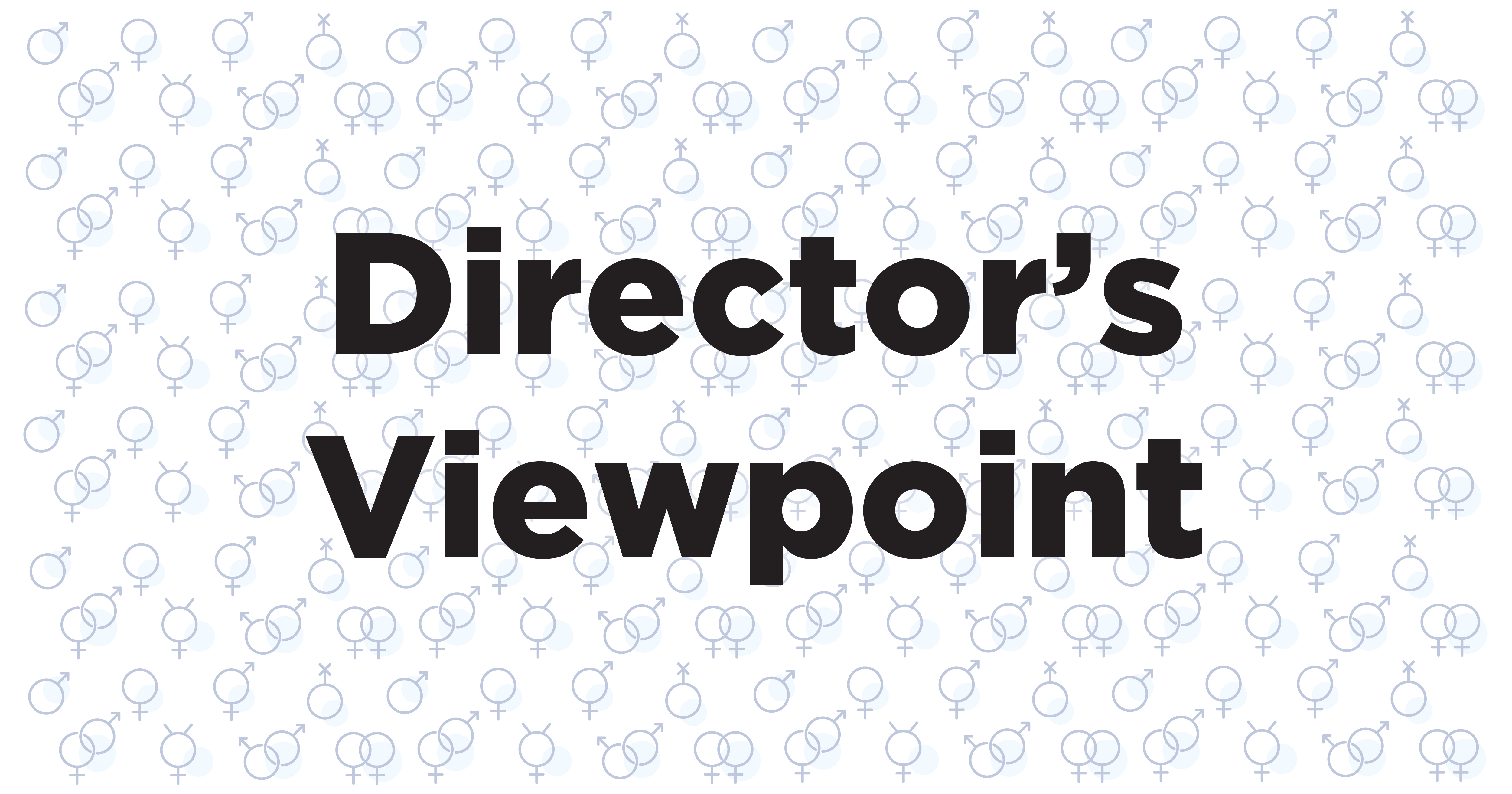
For the past 27 years, I have worked to respond to and prevent sexual assault. Working with survivors and providing prevention programming in communities provided a solid foundation for my work at the national level for the past 20 years. Before my current position, I worked as NSVRC’s Prevention Director. This position offered an opportunity for me to learn about the many ways health inequity is deeply intertwined with so many societal problems…including sexual abuse, assault, and harassment. This is why I am so proud that, in the first edition of The Resource I’ve overseen as the Director and COO of NSVRC, we are tackling the immensely important subject of health equity as it relates to sexual violence and sexual health.
In our field, we often discuss social determinants of health. These are the non-medical factors that influence health outcomes. For example, these factors can include parts of one's identity like race, age, and sexuality. Research has consistently demonstrated that gender minorities in the United States (transgender, gender non-conforming, non-binary, and intersex groups) face increased likelihood of sexual violence and poor sexual health due to a variety of obstacles including bias, transphobia, and a lack of adequate, gender-expansive healthcare. It is our obligation to regard this as what it is, a public health issue.
While so much important work has been done to increase care for and raise awareness about gender minorities, we are also witnessing backlash to that progress. Between book bans, targeted legislation, and everyday online and in-person harassment, dissenting voices are focused on pushing these identities back into the shadows. NSVRC aims to stand firmly alongside the gender minority community, as we believe in everyone’s right to survive and thrive, regardless of how they identify.
In this issue of The Resource, “Sexual Violence and Sexual Health Outside the Gender Binary” we have gathered a variety of experts to discuss how our systems and culture have room to grow to overcome health disparities and produce positive health outcomes for survivors of every gender identity. You will also find a booklist provided by our library, encouraging you to read outside The Resource and get further in touch with the community.
Some of what will be discussed in this issue is difficult to process, and I encourage all readers to take care of themselves as they work through topics that are challenging yet crucial for us all to understand. I hope that this issue teaches you something new, and encourages you to do your own part in improving health outcomes and societal acceptance for all your community members.
In Solidarity,
Jennifer Grove, NSVRC Director
